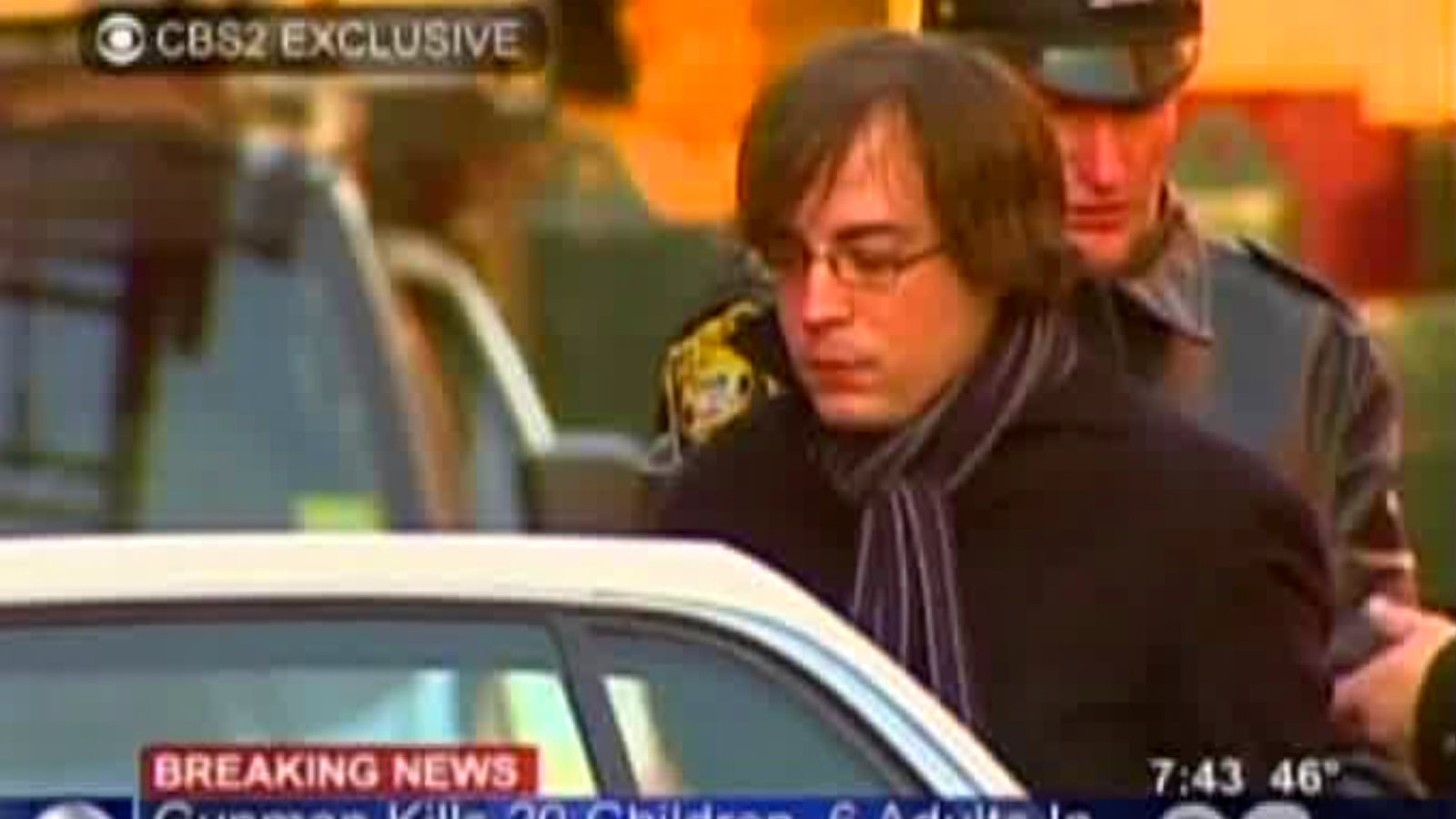“Shooter Reportedly Had Autism.” As soon as it scrolled beneath the “Breaking News” banner on television, I knew our work had just gotten quite a bit harder. At Birch Family Services, where I serve on the board of directors, we have spent the better part of the last year trying to develop partnerships with financial services companies and others to employ—even for no pay—higher-functioning young people with autism spectrum disorders (ASDs), including Asperger’s syndrome (AS). It is, even in the best of times, a tough sell, and even before the Newtown shooting, these were not the best of times. Financial firms are downsizing, and employees with ASDs have special needs. Usually these needs are not much more than tolerance and understanding of social deficits that often make their interactions with us a bit odd and uncomfortable until we get familiar with them. “Is he dangerous?” was not a question we had addressed in the PowerPoint slide deck we pitch employers with.

Those who care for people with ASDs get very adept at anticipating uncomfortable questions. We learned long ago to identify that look of anxious curiosity on people’s faces when encountering a 4-year-old who continuously flaps his hands in front of his face at the ice-cream counter or who loudly repeats “red octagon” dozens of times next to you on the bus because he saw a stop sign. Usually a simple “I’m sorry if he’s disturbing you—he has autism and is a little excited today” suffices to diffuse the situation. What’s harder is the nearly uniform look of guilt and pity that then replaces the anxious curiosity. What would be unbearable is a look of fear.
We learn to accept many facts that were once unbearable to us, but they are facts because evidence made them so. Our children will not play like other children; most will not have children of their own; most will need supervision throughout their lives; most will be emotional and financial burdens to us for the rest of our lives and, worse, to our other children. But most will never be a threat to anyone other than themselves, and none of them is more likely to commit a violent act than you or I. Evidence makes this a fact as well.
Two recent studies confirm that AS—the form of autism that Adam Lanza is said to have had—does not make someone more likely to commit a violent crime. In an April 2011 study on the prevalence and treatment of people with AS in the criminal justice system published in Criminology and Criminal Justice, the journal of the British Society of Criminology, Ann Browning and Laura Caulfield concluded that “recent research pertinent to the prevalence of those with AS within the offender population has produced findings which suggest that those with the disorder are not more likely than their non-AS peers to engage in criminal activity.” In addition, in “Violent Crime in Asperger Syndrome: The Role of Psychiatric Comorbidity,” their 2008 study of persons with AS who committed violent crimes, Stewart S. Newman and Mohammad Ghaziuddin found that “most of the cases of Asperger’s syndrome who commit violent crime suffer from additional psychiatric disorders.” And further, “Clinicians should look beyond the diagnosis of AS and attempt to explore the factors that might contribute to criminal behavior in this population.” In short, whatever it may be that causes one to commit a violent act, it is not Asperger's, or any other form of autism.
Facts and evidence will be our best allies in disproving safety concerns in the hiring of people with ASDs. And we endorse the principle that no goal is laudable if it increases even slightly the risk of violence against our children. We know that risk too well, as children with ASDs are four times more likely to be victims of crime than children without the disorder. There is no loss like a parent’s loss of a child. Those of us who are parents of a disabled child come a bit nearer, perhaps, to understanding this agony than most, for we too wake up far too many mornings with our first thought being that today will not be the day our pain for our child began to hurt a little less. There are great hopes that the tragedy of Newtown will be a catalyst for policies that will make our children safer. Let us make certain it will not breed fear of people with ASDs.






